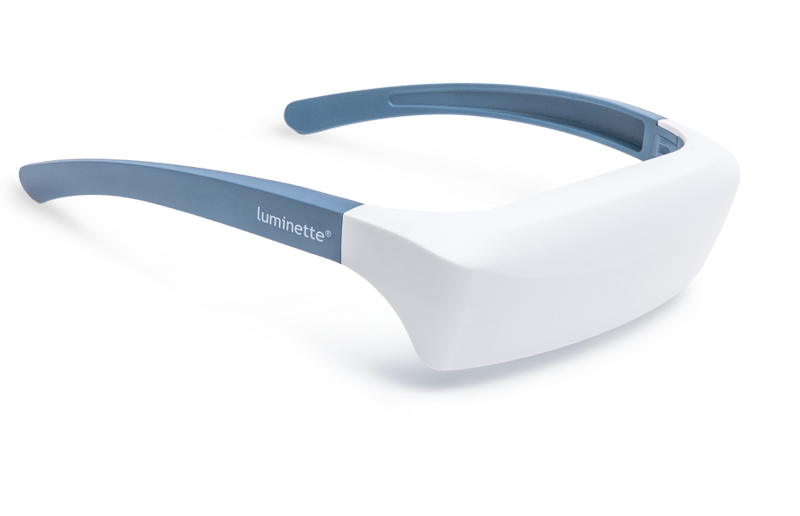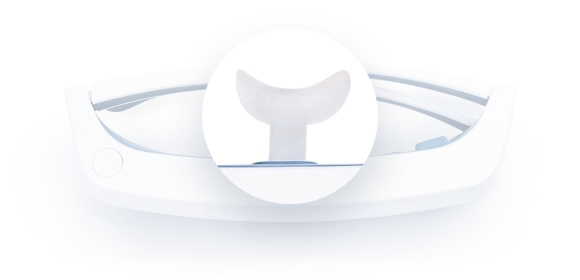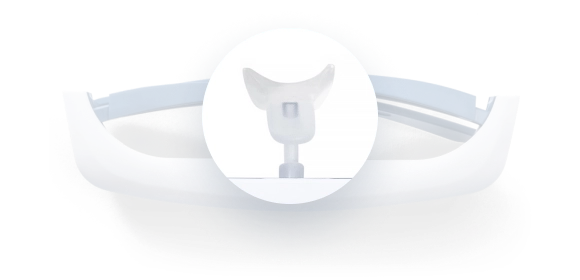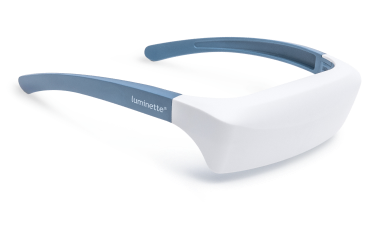В суете повседневной жизни поддерживать позитивное и приподнятое настроение часто кажется сложной задачей. Тем не менее, это стремление стоит ставить в приоритет, так как наше настроение глубоко влияет на нашу продуктивность, взаимодействия и общий взгляд на жизнь. Поиск эффективных стратегий, как всегда быть в хорошем настроении или как сохранять хорошее настроение, сродни заботе о важном аспекте нашего благополучия. Этот путь к устойчивой позитивности — не бегство от реальности, а оснащение себя практическими инструментами и техниками для преодоления жизненных взлетов и падений с устойчивостью и грацией. В этом исследовании мы откроем действенные советы и способы быстро улучшить настроение, чтобы сияние хорошего настроения стало неотъемлемой частью нашей повседневной жизни.
1. Эффективно расставляйте приоритеты задачам
Эффективное расставление приоритетов в задачах похоже на создание дорожной карты для продуктивности и успеха. Это требует умения различать, что срочно, а что действительно важно, гарантируя, что наше время и энергия инвестируются в дела, приносящие наибольший эффект. Когда мы учимся эффективно расставлять приоритеты, мы не только повышаем свою эффективность, но и испытываем глубокое чувство удовлетворения. Этот навык позволяет нам решать задачи с ясностью и целеустремленностью, в конечном итоге продвигая нас к целям сосредоточенно и стратегически. Освоив искусство приоритизации, мы открываем потенциал для значимых достижений как в личной, так и в профессиональной сфере.

2. Устанавливайте четкие цели и этапы
Установка четких целей и этапов похожа на прокладывание курса к личному и профессиональному удовлетворению. Это включает в себя сознательное определение конкретных целей, которые являются измеримыми, достижимыми, релевантными и ограниченными по времени — обычно известными как SMART-цели. Они служат маяками, обеспечивая направление и смысл в наших начинаниях. Кроме того, разбиение больших стремлений на управляемые этапы не только создает чувство достижения на пути, но и предоставляет осязаемую структуру для прогресса. Зная, как устанавливать четкие цели и этапы, мы наделяем себя дорожной картой, которая не только движет нас вперед, но и внушает чувство цели и мотивации в нашем стремлении к совершенству. Эта практика становится мощным инструментом в навигации по сложностям наших стремлений, обеспечивая постоянное движение к желаемым результатам.
3. Оптимизируйте эргономику рабочего пространства
Оптимизация эргономики рабочего пространства является фундаментальным аспектом создания продуктивной и комфортной рабочей среды. Это включает в себя настройку физической обстановки для поддержки правильной осанки, комфорта и эффективности. Хорошо организованное и эргономично спроектированное рабочее место минимизирует физическую нагрузку и улучшает концентрацию, что в конечном итоге ведет к повышению производительности. Это включает такие аспекты, как расположение стола, стула, монитора и адекватное освещение. Зная, как оптимизировать эргономику рабочего пространства, человек может создать благоприятную атмосферу, которая способствует не только физическому благополучию, но и умственной ясности. Эта практика свидетельствует о признании того, что продуманно организованное рабочее место — это не просто вопрос комфорта, а стратегическая инвестиция в общую продуктивность и благополучие.
4. Делайте регулярные перерывы
Регулярные перерывы являются краеугольным камнем поддержания устойчивой продуктивности и психического благополучия. Это практика, которая признает ценность кратковременных пауз для восстановления наших когнитивных способностей. Исследования показывают, что наша способность сосредотачиваться и запоминать информацию снижается при длительной работе, поэтому прерывистые перерывы необходимы для поддержания максимальной эффективности. Зная, как правильно делать регулярные перерывы, человек может стратегически вставлять моменты отдыха в свой рабочий день, что, парадоксально, приводит к повышению эффективности. Эти перерывы служат возможностями для умственного обновления, позволяя нам возвращаться к задачам с обновленной энергией и свежим взглядом. По сути, принятие этой практики не только защищает от выгорания, но и улучшает нашу способность выполнять задачи с ясностью и эффективностью, что в конечном итоге способствует более устойчивому и сбалансированному рабочему режиму.

5. Практикуйте осознанность и управление стрессом
Практика осознанности и эффективное управление стрессом являются незаменимыми инструментами для создания сбалансированной и гармоничной рабочей жизни. Осознанность подразумевает пребывание в настоящем моменте, что позволяет нам развивать чувство спокойствия среди требований насыщенного дня. Это дает нам возможность справляться с трудностями с ясным умом и сосредоточенной перспективой. Кроме того, техники управления стрессом, такие как медитация, упражнения на глубокое дыхание и приложения для осознанности, предоставляют практические инструменты для снятия напряжения и поддержания психического благополучия. Наряду с этими практиками, такие инструменты, как очки Luminette, служат ценными помощниками в отдыхе и восстановлении. Они используют светотерапию для регулирования циркадных ритмов, обеспечивая лучшее качество сна и регулирование настроения. Внедряя эти практики и используя такие инновационные инструменты, люди оснащают себя средствами для развития не только спокойного и сосредоточенного мышления, но и тела, лучше подготовленного к требованиям динамичной рабочей среды.
6. Поддерживайте здоровый баланс между работой и личной жизнью
Поддержание здорового баланса между работой и личной жизнью похоже на заботу о корнях процветающего дерева; это формирует основу для полноценной и устойчивой жизни. Это требует сознательных усилий по распределению времени и энергии между профессиональными обязанностями и личным благополучием. Этот баланс имеет решающее значение для предотвращения выгорания и поддержания как физического, так и психического здоровья. Важно понимать, что полноценная жизнь выходит за рамки рабочего места, включая драгоценные моменты с близкими, занятия увлечениями и приоритетное внимание к заботе о себе. Практика поддержания здорового баланса между работой и личной жизнью позволяет людям вести жизнь, которая не только продуктивна и успешна в карьере, но и богата личным удовлетворением. Это обязательство признавать, что каждая сфера нашего существования — от профессиональных достижений до ценных личных моментов — имеет внутреннюю ценность и заслуживает внимания и заботы.
7. Создавайте позитивную рабочую атмосферу
Создание позитивной рабочей атмосферы похоже на культивирование плодородной почвы для профессионального роста и благополучия. Это включает в себя формирование культуры, где процветают сотрудничество, уважение и поддержка. Поощряется эффективное общение и командная работа, создавая пространство, где каждый чувствует себя ценным и услышанным. Регулярное празднование достижений, даже самых маленьких, повышает моральный дух и создает чувство товарищества. Когда руководители и коллеги активно поддерживают позитивную атмосферу, это не только повышает удовлетворенность работой, но и вдохновляет на большую продуктивность и креативность. Понимая важность позитивной рабочей среды, люди вносят вклад в культуру, где каждый может процветать, раскрывая свой полный потенциал и способствуя коллективному успеху команды или организации. Такая среда способствует не только профессиональному развитию, но и личному благополучию, делая её важным элементом для создания полноценной и устойчивой карьеры.
8. Используйте технологии и инструменты повышения производительности
Принятие технологий и инструментов повышения производительности похоже на владение набором мощных инструментов, которые усиливают эффективность и упрощают задачи. В современную цифровую эпоху существует множество приложений, программного обеспечения и платформ, которые улучшают рабочий процесс, коммуникацию и организацию. Инструменты управления проектами, такие как Trello или Asana, помогают командам без проблем координировать задачи, в то время как приложения для отслеживания времени, такие как RescueTime, предоставляют информацию о том, как расходуется время. Платформы для общения, такие как Slack или Microsoft Teams, способствуют мгновенному сотрудничеству независимо от физического местоположения. Эти инструменты не только оптимизируют производительность, но и освобождают умственные ресурсы для более творческих и стратегических задач.

Понимая, как использовать технологии и инструменты продуктивности, люди могут раскрыть потенциал этих инноваций, трансформируя свои рабочие привычки и повышая профессиональные результаты. Эта практика позволяет более гибко и эффективно подходить к задачам, обеспечивая направленность времени и энергии на высокоэффективные действия, что в конечном итоге способствует более удовлетворительной и успешной профессиональной жизни.
9. Постоянно учитесь и развивайте навыки
Постоянное обучение и развитие навыков — это основа личного и профессионального роста. Это активное обязательство оставаться актуальным и адаптивным в постоянно меняющемся мире. Принятие этой практики включает поиск новых знаний, совершенствование существующих талантов и развитие мышления, основанного на любопытстве и инновациях. Будь то формальное образование, семинары или самостоятельное обучение, стремление к знаниям даёт людям возможность не только преуспевать в текущих ролях, но и открывать новые возможности. Эта преданность непрерывному обучению — инвестиция в себя, гарантирующая, что человек остаётся гибким и конкурентоспособным в динамичной профессиональной среде. Это свидетельство понимания того, что рост не ограничен возрастом или опытом, а является постоянным путешествием к раскрытию своего полного потенциала. Признавая важность непрерывного обучения и развития навыков, люди оснащают себя инструментами для процветания и адаптации в постоянно меняющемся мире, что в конечном итоге ведёт их к большим высотам успеха и личного удовлетворения.
10. Отмечайте достижения и практикуйте благодарность
Отмечать достижения и практиковать благодарность — это мощные практики, которые подпитывают мотивацию и способствуют позитивному мышлению. Уделяя время признанию успехов, больших или малых, создаётся чувство признания и удовлетворения. Это укрепляет идею о том, что прогресс достигается, а цели выполняются. Такое позитивное подкрепление служит сильным мотиватором, побуждая людей стремиться к ещё большим высотам. Кроме того, развитие благодарности — это практика, которая питает позитивный взгляд на жизнь. Она включает сознательное признание и оценку благословений, возможностей и вклада других. Признавая поддержку и ресурсы, которые помогли в достижениях, люди развивают чувство смирения и связи, углубляя своё чувство удовлетворения и счастья. Понимая важность празднования достижений и практики благодарности, люди формируют мышление изобилия и успеха, что в конечном итоге ведёт их к более высоким уровням успеха и личного удовлетворения.
Заключение
В стремлении повысить эффективность работы и поддерживать хорошее настроение мы рассмотрели ряд стратегий и практик, которые вместе служат компасом к более сбалансированной и полноценной профессиональной жизни. От эффективного приоритизирования задач до использования технологий и инструментов продуктивности — каждая составляющая способствует более упорядоченному и продуктивному рабочему процессу. Установка четких целей, оптимизация эргономики рабочего пространства и практика осознанности играют ключевую роль в улучшении как концентрации, так и благополучия. Более того, признание важности поддержания здорового баланса между работой и личной жизнью и создание позитивной рабочей атмосферы подчеркивают значимость комплексного благополучия в нашей профессиональной жизни. Постоянно обучаясь, отмечая достижения и практикуя благодарность, мы укрепляем нашу решимость и сохраняем позитивный настрой — важные элементы для поддержания живой и мотивированной рабочей этики. Внедряя эти практики в повседневную рутину, мы прокладываем путь к более плодотворному, гармоничному и в конечном итоге удовлетворяющему профессиональному пути.
Часто задаваемые вопросы
Какие есть способы повысить эффективность работы?
Существует несколько способов повысить эффективность работы, таких как приоритизация задач, составление реалистичного расписания, регулярные перерывы, поддержание чистоты на рабочем месте и использование подходящих инструментов и технологий.
Как я могу поддерживать хорошее настроение во время работы?
Поддерживать хорошее настроение во время работы можно, заботясь о своем физическом здоровье, делая регулярные перерывы, оставаясь позитивным и поощряя себя за достижения. Также важно сохранять баланс между работой и личной жизнью.
Какую роль физическое здоровье играет в эффективности работы и настроении?
Физическое здоровье играет важную роль в эффективности работы и настроении. Регулярные упражнения, здоровое питание и достаточный сон могут повысить уровень вашей энергии, улучшить концентрацию, снизить стресс и в целом улучшить ваше настроение и продуктивность.

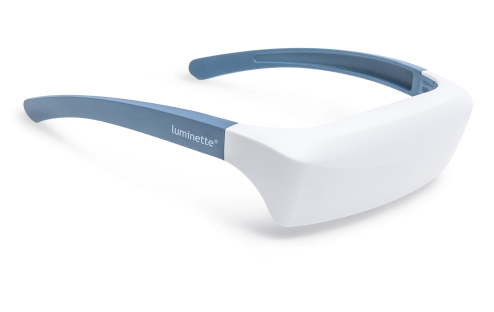


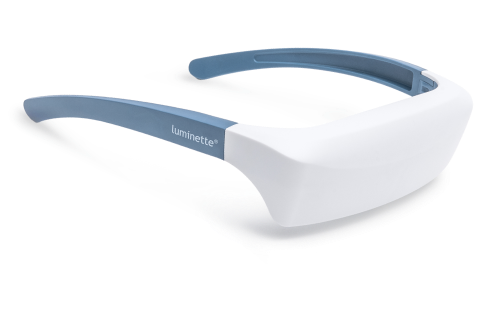

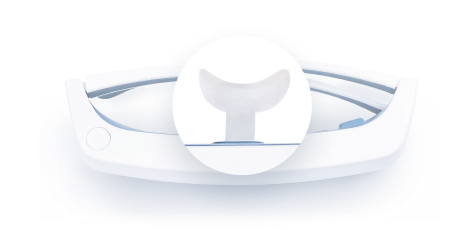
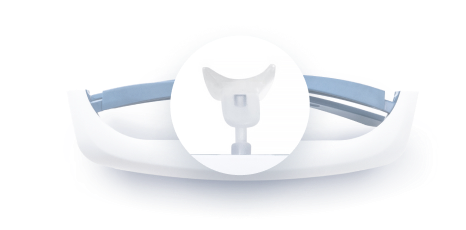
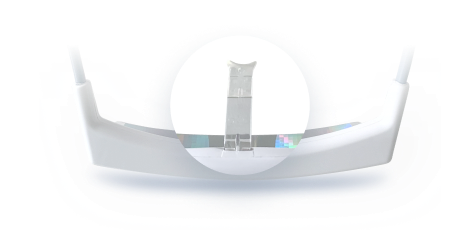













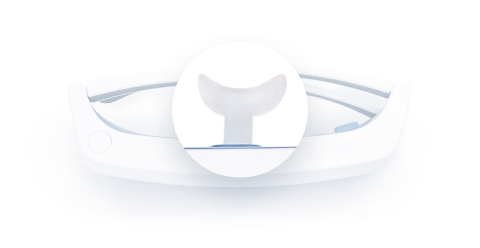
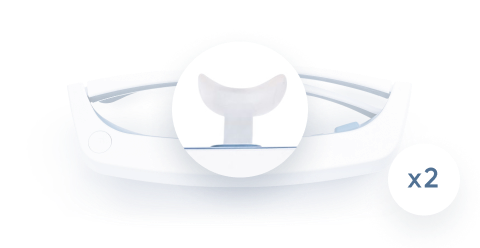
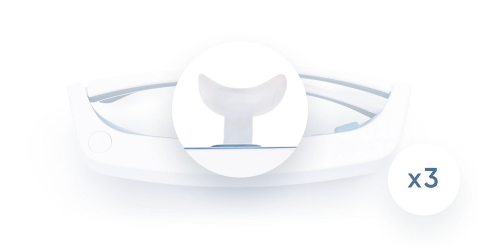
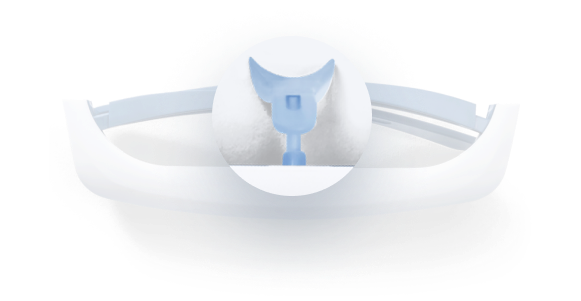
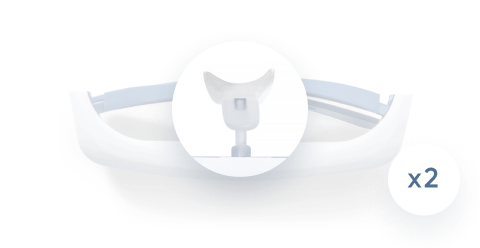
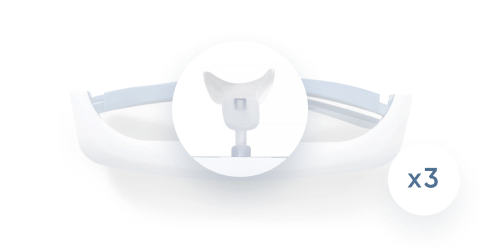
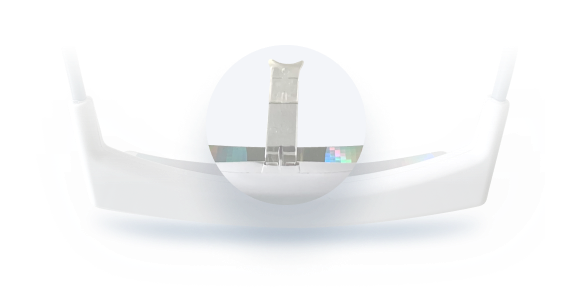
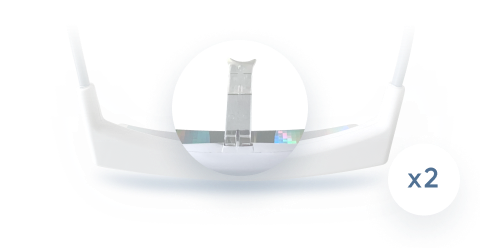
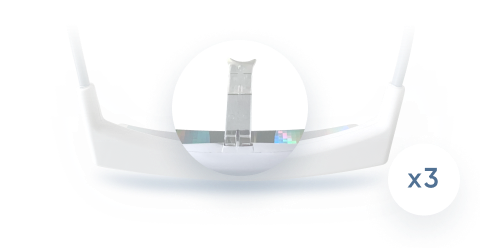
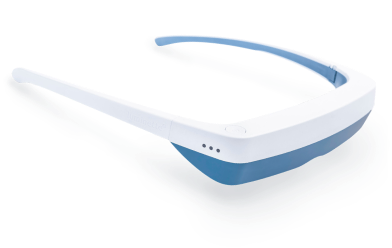
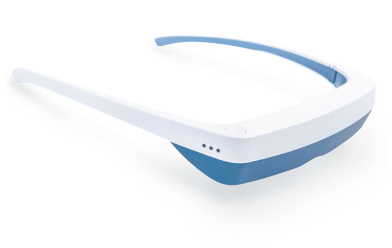
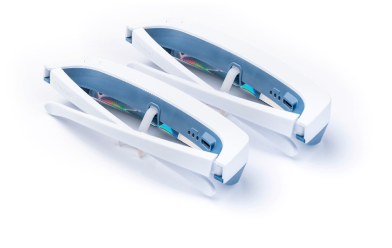
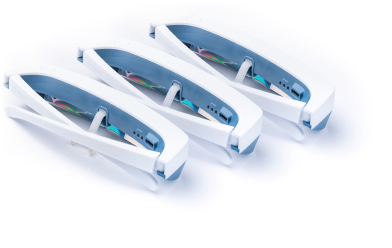



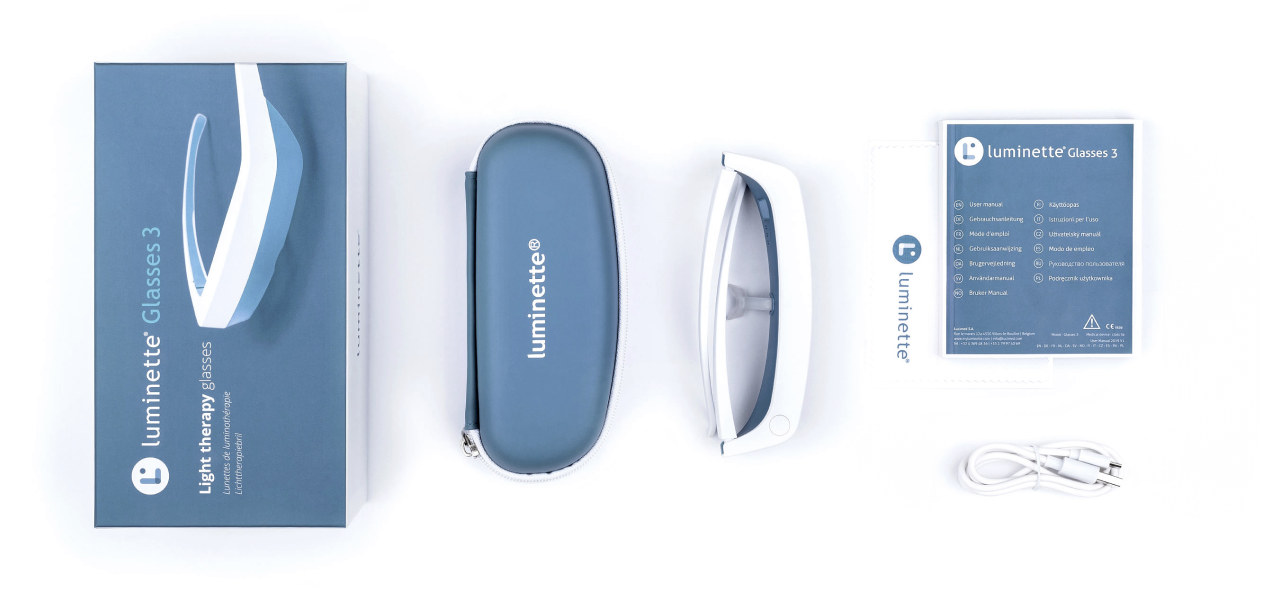
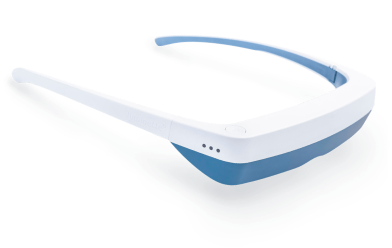
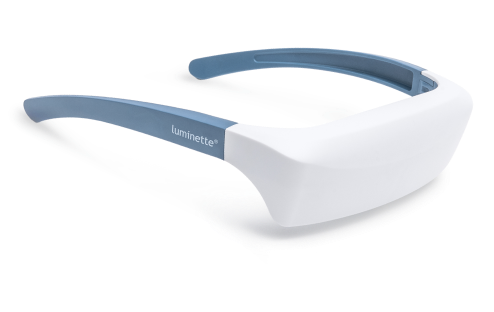
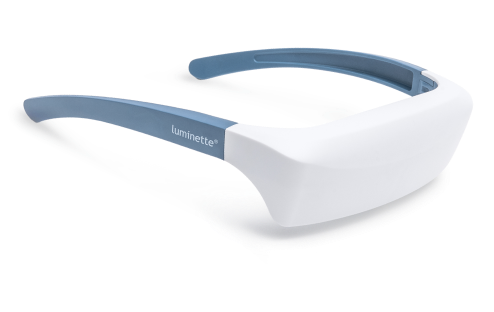


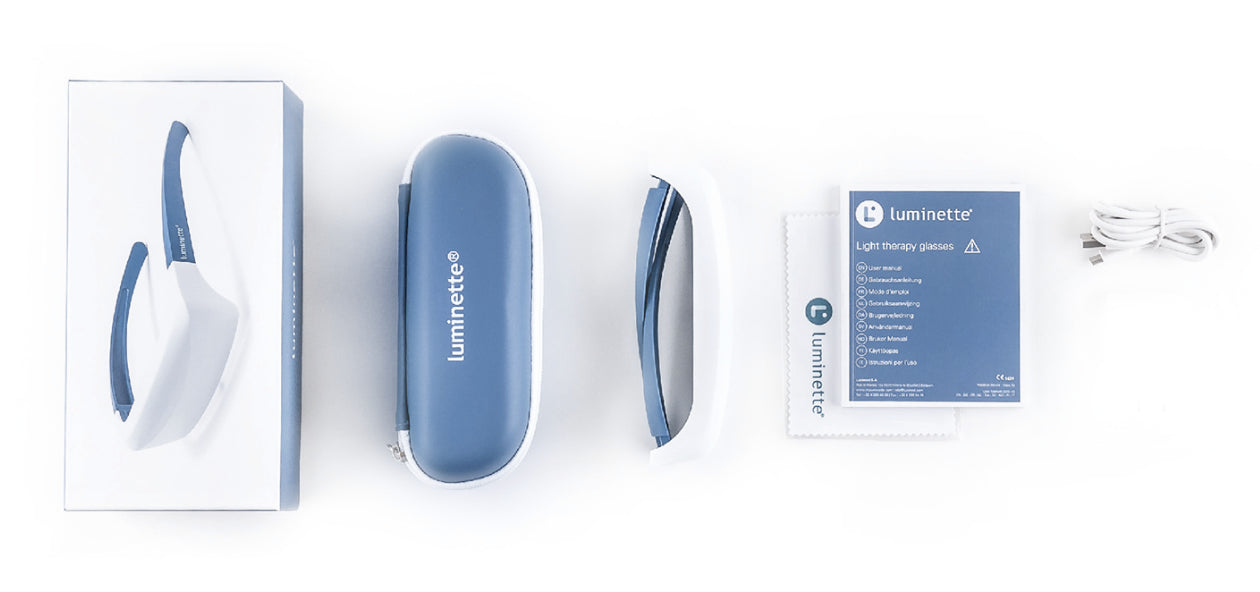




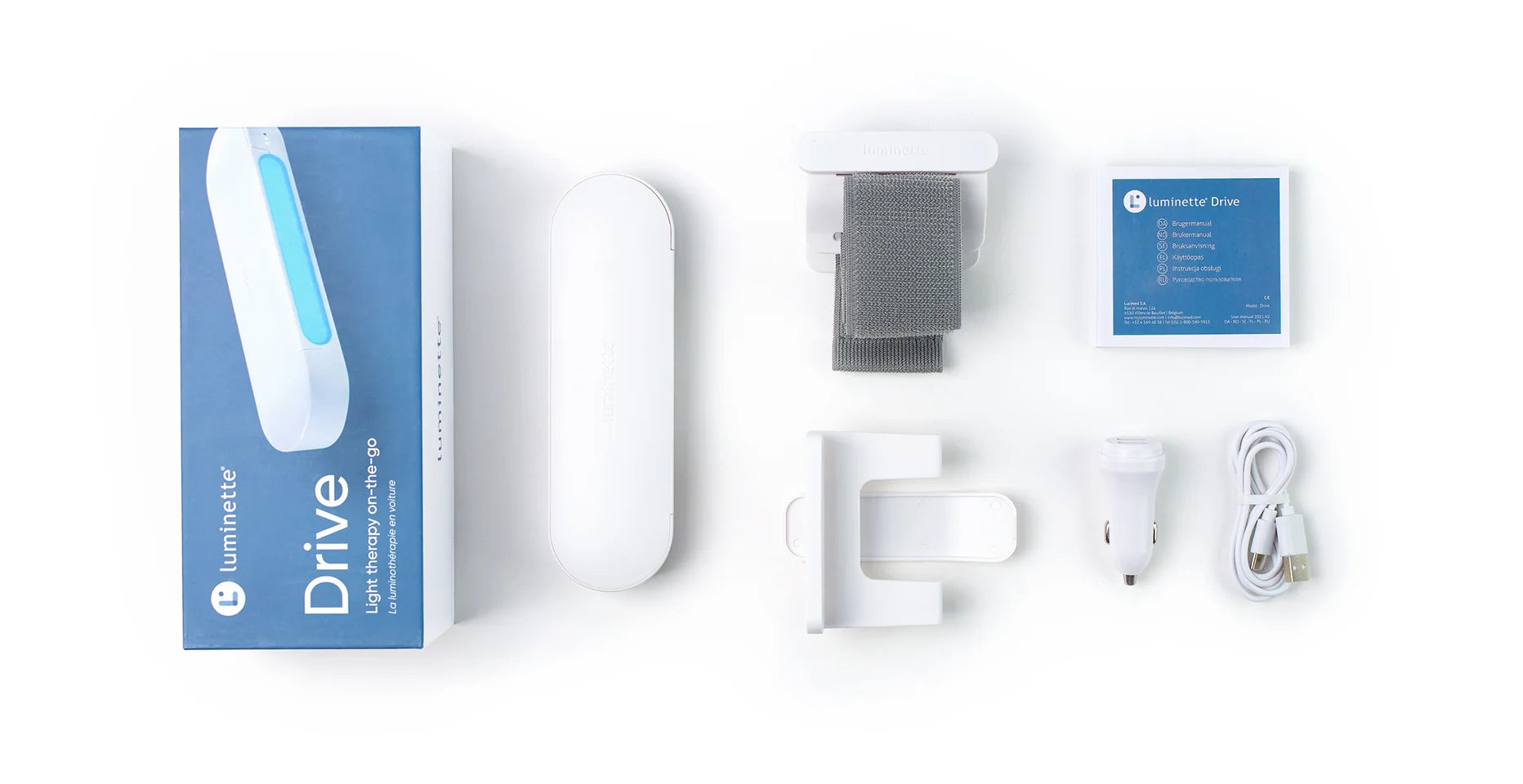

 Please note
Please note




